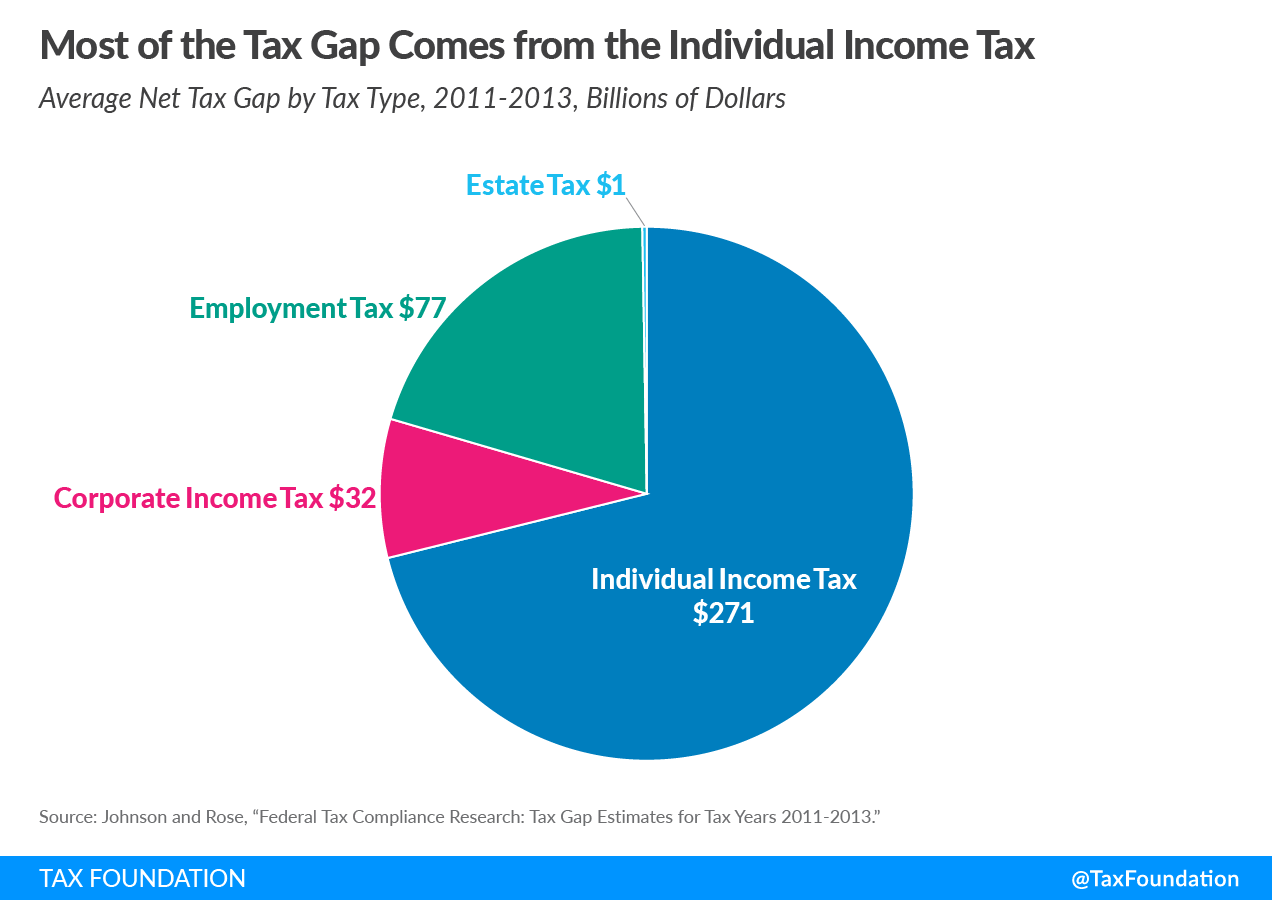Understanding Loan Origination Charges: Are They Tax Deductible?
#### Loan Origination Charges Tax DeductibleWhen considering a mortgage or any other type of loan, borrowers often encounter various fees and charges that c……
#### Loan Origination Charges Tax Deductible
When considering a mortgage or any other type of loan, borrowers often encounter various fees and charges that can add to the overall cost of borrowing. One of the key fees that borrowers must understand is the loan origination charge. This fee is typically assessed by lenders for processing a new loan application and can vary significantly depending on the lender and the type of loan.
But, what many borrowers want to know is whether these loan origination charges are tax deductible. Understanding the tax implications of these charges can help you make more informed financial decisions and potentially save you money during tax season.
#### What are Loan Origination Charges?
Loan origination charges are fees that lenders charge for evaluating and preparing your mortgage loan. These charges can include various costs such as underwriting fees, application fees, and processing fees. They are generally expressed as a percentage of the loan amount, and they can range from 0.5% to 1% of the total loan amount.

For example, if you are taking out a $200,000 mortgage and your lender charges a 1% origination fee, you would owe $2,000 in origination charges. It’s essential to read the loan estimate provided by your lender, as it will outline all the fees associated with your loan, including the origination charges.
#### Are Loan Origination Charges Tax Deductible?
The tax deductibility of loan origination charges can be somewhat complicated and often depends on various factors. Generally, origination fees that are paid for a mortgage used to buy or improve your primary residence may be deductible as mortgage interest on your federal tax return.
However, it’s crucial to note that not all fees associated with loan origination are deductible. For instance, if a lender charges a flat fee for processing your loan, that fee may not be deductible. Additionally, if you are refinancing an existing mortgage, the rules can differ. In most cases, you can only deduct the portion of the origination fees that are attributable to the new loan amount that is used to improve your home.

#### How to Deduct Loan Origination Charges
If you determine that your loan origination charges are deductible, you will need to itemize your deductions on your tax return. This means you will need to fill out Schedule A of IRS Form 1040. Keep in mind that you can only deduct the portion of the origination fees that are considered interest.
To ensure you are accurately deducting these charges, it’s advisable to keep detailed records of all fees paid to your lender, including loan origination charges. Consulting with a tax professional can also be beneficial, as they can provide guidance tailored to your specific financial situation.
#### Conclusion

In summary, understanding whether loan origination charges are tax deductible is crucial for borrowers looking to maximize their tax savings. While some origination fees may be deductible, others may not be, and the rules can vary based on the type of loan and the purpose of the funds. Always consult with a tax professional to ensure you are taking full advantage of any deductions available to you. By being informed about loan origination charges and their tax implications, you can make better financial decisions and potentially save money in the long run.